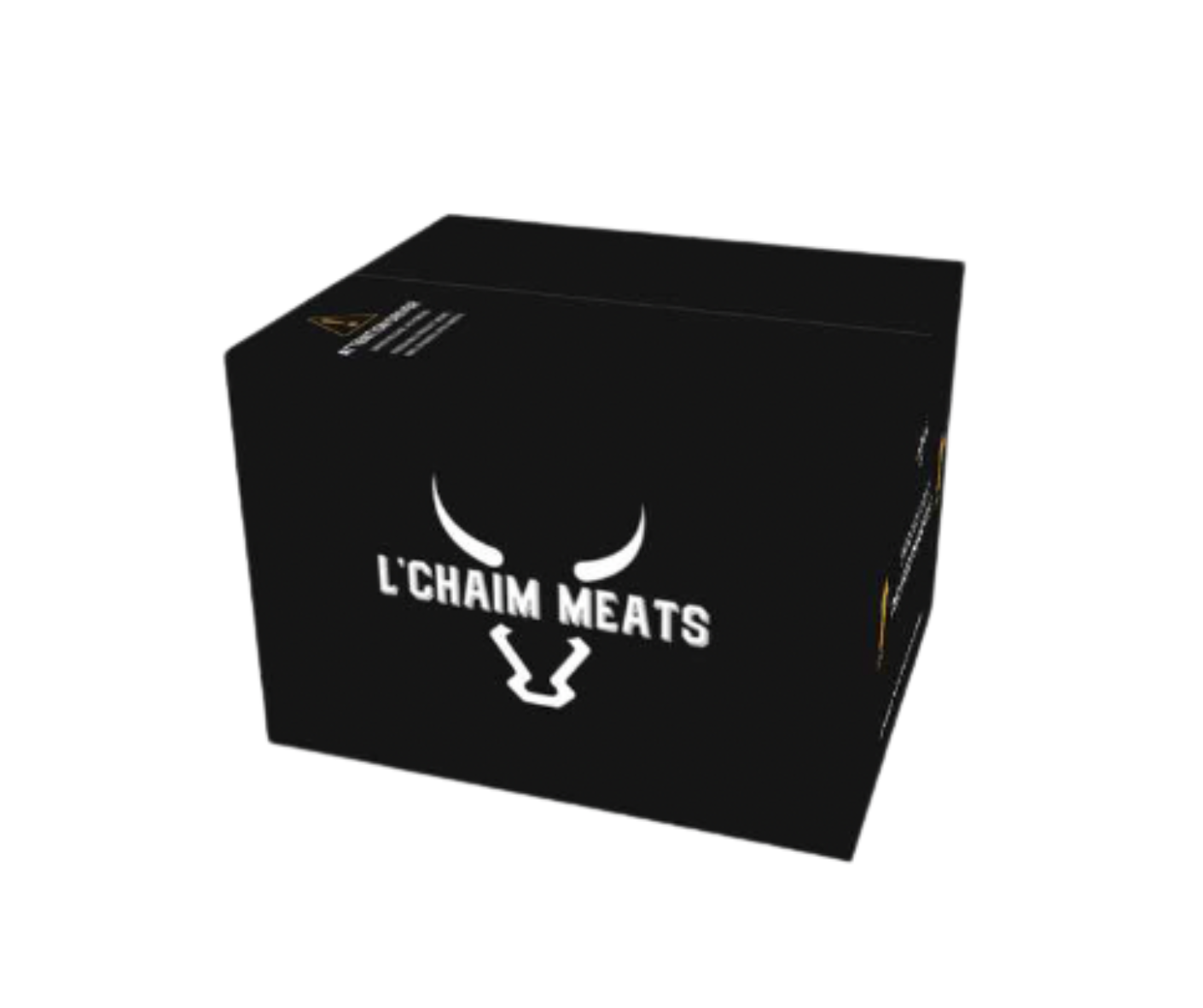
3 REASONS BISON MEAT IS AN ENVIRONMENTALLY FRIENDLY CHOICE
We all know that grass-fed Bison meat is delicious, lean and heart healthy. But did you know that Bison Meat can also be more environmentally friendly than beef? Read on to hear three reasons why Bison farming is more environmentally friendly than cattle ranches.
1.BISON EMIT LESS GREENHOUSE GAS THAN CATTLEWith the ever-growing climate crises, red meat has been targeted for its negative impact on the environment– and rightfully so. Cattle farming releases CO2 gas and contributes to deforestation for cattle grazing. In contrast, Bison are grass fed on the natural, untampered prairie and rarely eat grain. In addition, Bison emit almost half the CO2 that cattle do!
2. BISON ARE A NATIVE SPECIESCattle are known for destroying their environment by destroying local grass and plant life, which causes soil erosion and, eventually, desertification. However, Bison are native to North America and have roamed the plains for thousands of years. Bison evolved alongside the prairie grass on which they graze. Because of this Bison have a symbiotic relationship with prairie grass and do not destroy it, but actually serve to trim and fertilize the grass.
3. BISON REQUIRE LESS MEDICAL INTERVENTIONMost large cattle ranchers rely heavily on antibiotics and hormones to keep their cattle healthy and help them gain weight. These hormones and antibiotics often find their way into the water supply, with deadly results for the surrounding wildlife. But Bison do not need much in the way of medical intervention– they are hearty creatures who have adapted over centuries to life on the prairie. They do not need artificial shelters, or veterinary assistance in giving birth. Less medical intervention on our meat means less antibiotics and growth hormones in our environment.
WORRIED ABOUT HORMONES AND ANTIBIOTICS IN YOUR MEAT? CONSIDER BISON
Hormone injections and excess antibiotics are common tools of the cattle farming industry. Both of these allow cattle to gain weight and muscle quickly, which equals more meat to sell. But there are very real reasons to not want these additives in your meat.
Studies show that the residual hormones in commercial meat can negatively impacts human health. Meat hormones can disrupt human hormone balance, especially in young people. It can also cause developmental issues, interfere with the reproductive system and possibly lead to the development of several different cancers such as colon, prostate or breast cancer.
As for antibiotics, the negative impact of irresponsible antibiotic use is well documented. Overuse of antibiotics greatly increases the risk of creating and transmitting drug-resistant bacteria to humans. The antibiotics can also make their way into the water supply, having devastating effects on local wildlife, who require a certain level of “good” bacteria to thrive.
At L’Chaim Meats, we leave the antibiotics and hormones where they belong, at the doctors office. Our Bison are grass fed and free roaming. Bison are native to the plains of South Dakota, and their hearty nature means that they require significantly less medical intervention than cattle. Bison are so adapted to the land that they don’t even need artificial shelter!
The meat from our Bison is not only sweet, buttery and delicious but antibiotic and hormone free. Order a cut today, and taste the difference.
THE SKINNY ON LEAN BISON
Switting to lean meat is a good idea for those looking to lose weight while gaining muscle mass. Meat is one of the leading sources of protein, the #1 building block of muscles. But if you want to keep your weight down, lean meat can provide muscle building amino acids, B12 and iron, all while keeping the saturated fat and calories low.
Traditionally Americans have always loved Bison, considered the second choice for red meat, and it's easy to see why. While being high-protein and delicious meat, Bison is low in both calories and fat, especially when compared with its beef counterparts. Even though cows and bison are distant cousins, Bison is much leaner than beef. Bison actually has less total fat per ounce than most cuts of meat, including pork, chicken and salmon. Swapping out fattier cuts of meat for bison is a great way to lower calories without losing nutritional value or flavor.
The lack of fat does not mean a lack of flavor. At L'Chaim Meats, all of our Bison is grass fed on the South Dakota plains, where the Bison is part of the native wildlife. The careful and humane Kosher butchering process leads to sweet, buttery, antibiotic and hormone free meat that is as delicious as it is good for you.



